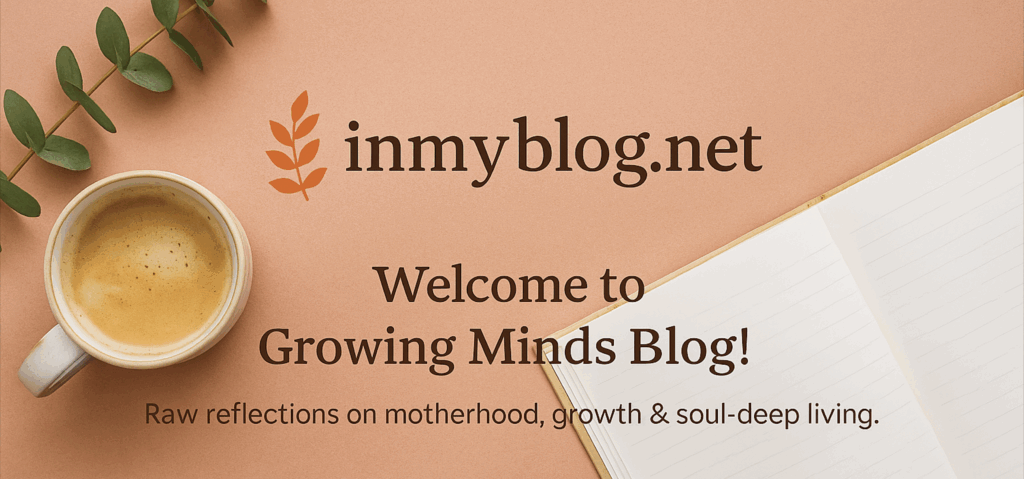Life can throw so much at us — stress, parenting, work, and the endless to-do lists that never seem to end. It’s easy to feel disconnected from your partner amidst all the chaos. But relationships aren’t about perfection; they’re about growing together. And one of the most powerful ways to strengthen your relationship is by developing collaborative communication skills.
Here, we’ll explore six actionable skills to help you and your partner work as a team: active listening, emotional regulation, setting boundaries, sharing responsibilities, empathy, and problem-solving. These are lessons we’ve learned (and are still learning!) in our own relationship, and we hope they can help you too.
1. Active Listening
Active listening is more than just hearing words. It’s about truly focusing on what your partner is saying without interrupting or planning your response. For many of us, this doesn’t come naturally.
A game-changer for us has been repeating back what we’ve heard to ensure we understand. For example, saying, “So, you’re feeling overwhelmed because of the workload at your job and the kids needing so much attention right now, right?” shows you’re paying attention. It also gives your partner a chance to clarify if needed.
Sometimes, just listening and validating your partner’s feelings is enough.
2. Emotional Regulation
Managing emotions during tough moments can be one of the hardest parts of communication. Emotional regulation means pausing to process your feelings before reacting.
For instance, when arguments start to escalate, it helps to say, “I need a few minutes to cool down, but I want to keep talking about this later.” Taking a pause doesn’t mean avoiding the issue; it means approaching it with a clearer head.
We’ve also noticed that stress and sleep deprivation make it easier to snap at each other. Recognizing those triggers is key to preventing them from spilling into your relationship.
3. Setting Boundaries
Setting boundaries also means knowing when to take a step back. If one of us needs time to process, we give each other space and revisit the conversation later. It’s also about respecting differing opinions rather than turning disagreements into arguments.
4. Sharing Responsibilities
Balancing the mental and physical load of daily life is critical. This has been especially important for us as parents. To prevent either of us from feeling overburdened, we started creating shared task lists. Every Sunday, we sit down to plan the week and divide tasks based on who has the bandwidth.
Flexibility is key here. Life happens, and sometimes plans need to change. Approaching responsibilities as a partnership, not a competition, makes all the difference.
5. Empathy and Validation
Empathy is about understanding and acknowledging your partner’s feelings. For example, when one of us says, “I’m really struggling with everything going on right now,” the other responds with something like, “I hear you… that makes sense.” Even if we don’t completely relate, showing empathy and validating each other’s emotions helps build connection and trust.
6. Problem-Solving Together
When challenges arise, shifting the focus from blame to teamwork is essential. Instead of asking, “Who’s at fault?” we ask, “What can we do to make this better for both of us?”
It’s also important to check in after trying a solution. If it’s not working, it’s okay to revisit and adjust. Problem-solving is an ongoing process, not a one-time fix.
Final Thoughts
These six skills — active listening, emotional regulation, setting boundaries, sharing responsibilities, empathy, and problem-solving — have made a meaningful difference in our relationship. They’re not quick fixes, and we’re far from perfect, but the effort is worth it.
If any of these resonate with you, try focusing on one skill at a time. Small, consistent steps can lead to big changes over time. Remember, growth is a lifelong process, and the most important thing is to tackle it together.


2 responses to “Mastering Collaborative Communication Skills for a Stronger Relationship”
I like what you guys are up also. Such intelligent work and reporting! Carry on the excellent works guys I have incorporated you guys to my blogroll. I think it will improve the value of my site 🙂
thank you so much!